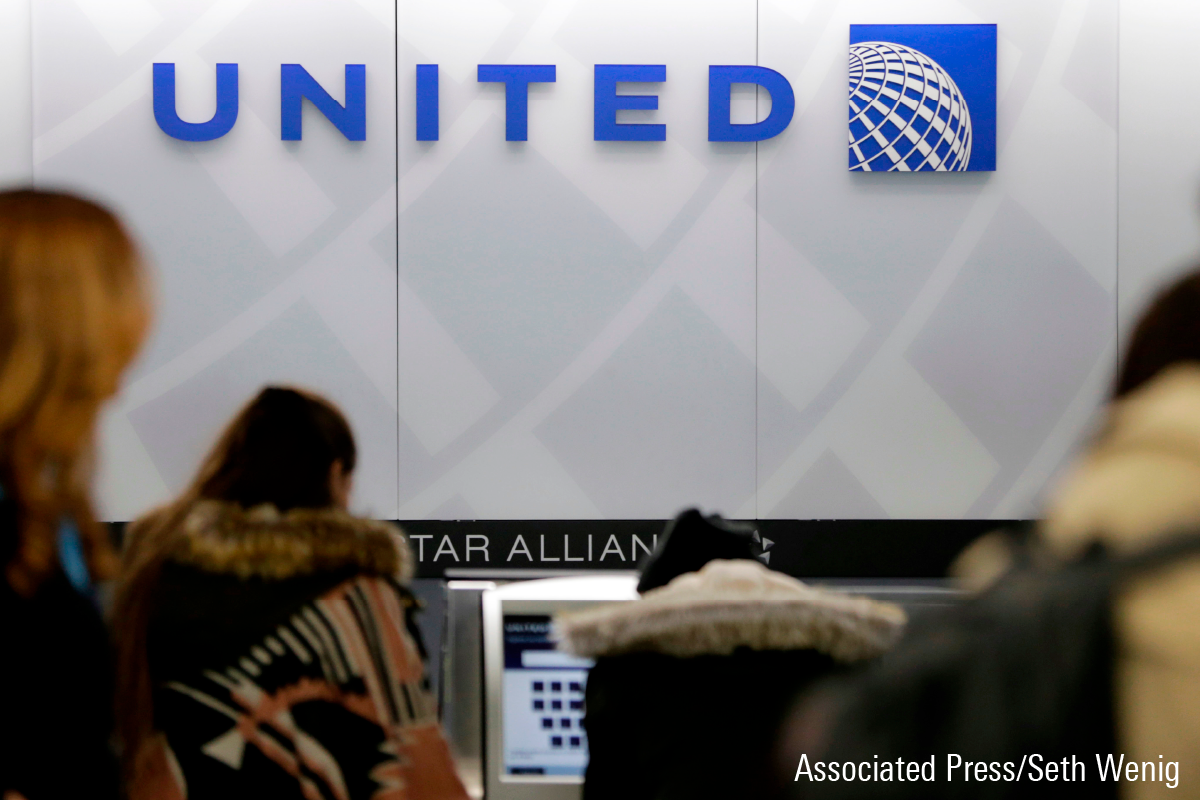United Airlines Earnings: Strong Revenue Offset by Ongoing Investments
Due to its spaced-out and higher capital spending forecast, we have lowered our fair value estimate of United’s stock.

Key Morningstar Metrics for United Airlines Holdings
- Fair Value Estimate: $35.00
- Morningstar Rating: 2 stars
- Morningstar Economic Moat Rating: None
- Morningstar Uncertainty Rating: High
What We Thought of United Airlines Holdings’ Earnings
United Airlines Holdings UAL reported first-quarter revenue and profit that somewhat exceeded our forecast, even though the firm also attributed a $200 million deficit to the temporary grounding of its Boeing 737 MAX 9 fleet. With a $124 million adjusted operating loss, the implication that the airline otherwise would have booked about $80 million in profit on $11.3 billion in revenue did not impress us.
United has also had to reshuffle its airplane order book to reflect delayed deliveries by Boeing. Due to the company’s spaced-out and generally higher capital spending forecast, we have lowered our fair value estimate of its stock to $35 per share from $38.
CEO Scott Kirby asserted during United’s earnings call that the company has established a “moat around its business” based on its “customer proposition,” network, and loyalty program. He then described how change fees and bundled economy fares had previously breached this moat. Kirby claimed that by removing change fees—which all airlines did in the wake of the covid-19 pandemic—and offering “disaggregated” pricing for economy fares—unbundling assigned seats and other perks from the core airfare—United has established stickier relationships with business customers and attracted more price-sensitive ones. Both are true and reflected in the results. However, we don’t see either move as garnering a moat, as they do not alter United’s fundamental competitive dynamic or long-term prospect for economic profit.
Kirby acknowledges that other airlines also possess global networks and loyalty programs, and we see no reason that these features would create economic profits above the company’s cost of capital over the entire business cycle, for United or any of its peers.
United Airlines Holdings Stock vs. Morningstar Fair Value Estimate
The author or authors do not own shares in any securities mentioned in this article. Find out about Morningstar’s editorial policies.

/s3.amazonaws.com/arc-authors/morningstar/4c0ebe77-db24-4647-aac9-f4c13027ec2f.jpg)
/cloudfront-us-east-1.images.arcpublishing.com/morningstar/ZPLVG6CJDRCOTOCETIKVMINBWU.png)
/cloudfront-us-east-1.images.arcpublishing.com/morningstar/ZZSPP5AYAJB2RIRVFE2XR23GUQ.jpg)
/cloudfront-us-east-1.images.arcpublishing.com/morningstar/NYUEHSFI4BDCJPQZJ76HH4PKSM.jpg)
:quality(80)/s3.amazonaws.com/arc-authors/morningstar/4c0ebe77-db24-4647-aac9-f4c13027ec2f.jpg)